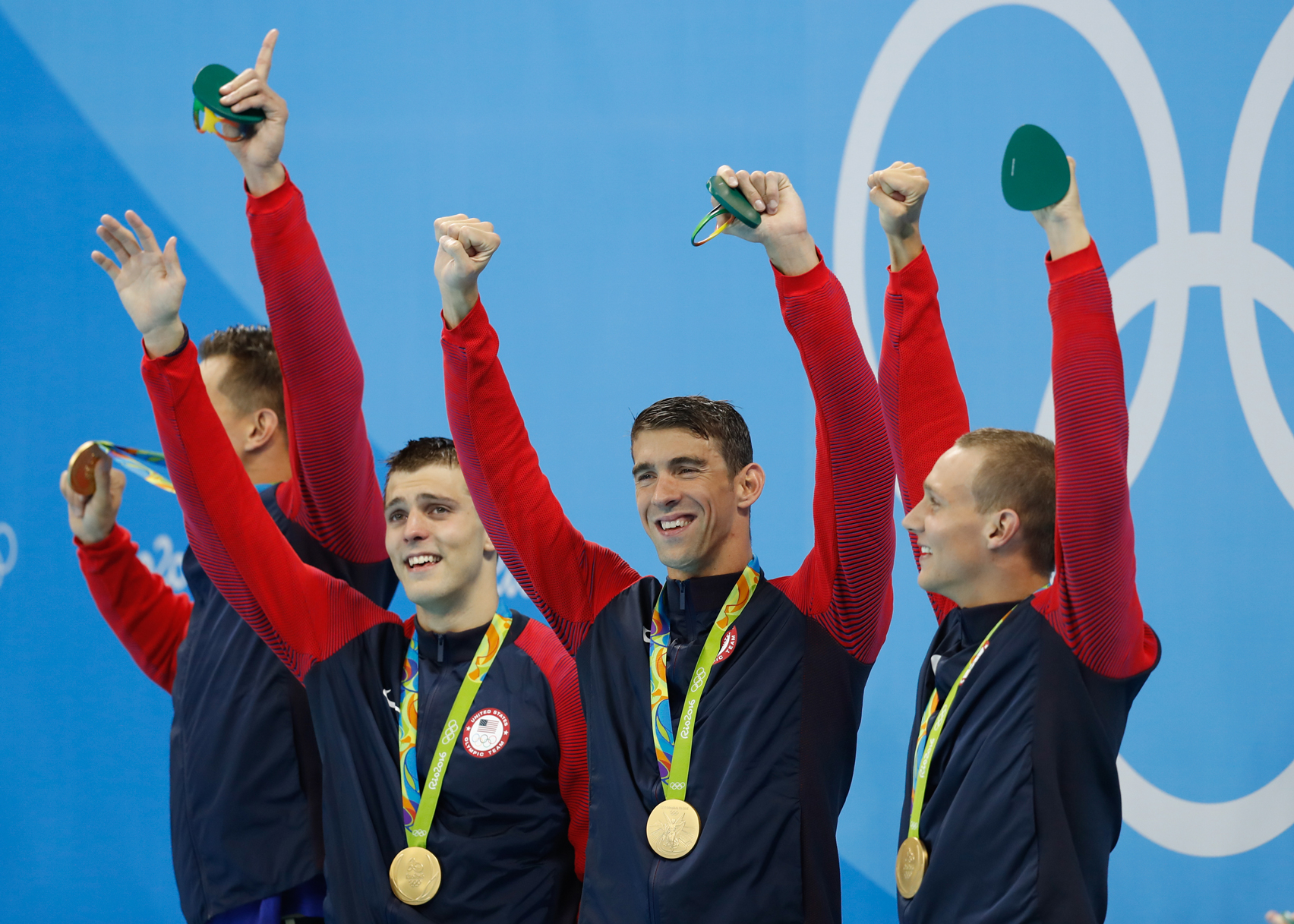To make medals for Tokyo 2020, Olympic organisers are considering mining Japan's vast repositories of e-waste for millions of discarded smartphones and computers.
According to business news site Nikkei Asian Review, proposals to recycle electronic waste into gold, silver and bronze medals were discussed in a meeting between Olympics officials and representatives from government and industry.
The meeting was organised by nonprofit Genki Net for Creating a Sustainable Society, which put forward figures to show the country's e-waste contains enough precious metals to create all the medals for the Olympic and Paralympic Games.
It said that Japan had acquired 143 kilograms of gold, 1,566 kilograms of silver and 1,112 tons of copper from its discarded electronics in 2014. By comparison, the London 2012 Olympics used 9.6 kilograms of gold, 1,210 kilograms of silver and 700 kilograms of copper to produce all of its medals.
Partly recycled materials were used for the medals for the Rio 2016 Olympics. The silver and bronze medals were made of 30 per cent recycled metals, while half of the plastic in the ribbons came from recycled bottles.
These latest proposals would make recycled metals even more central to the 2020 Olympics in Japan, which has few natural resources outside of its "urban mine".
Genki Net and its partners are now working to strengthen the country's e-waste management programmes in preparation for the games.
A lot of the electronics currently collected through the programmes are already being recycled into other products, meaning that more of the electronics Japan's residents discard each year will need to be collected.
"We need a system that makes it easy for consumers to turn in used consumer electronics," said Takeshi Kuroda, president of ReNet Japan Group, a recycling company that is one of the backers of the plan.
"A collection system should be created by the private sector, and central and local governments should be in charge of publicising such private services."
Nikkei Asian Review describes participants at the 10 June 2016 meeting as including officials of the Tokyo Olympic and Paralympic organising committee, the Ministry of the Environment and the Tokyo Metropolitan Government, as well as executives from mobile phone company NTT DoCoMo, precious metals company Tanaka Kikinzoku Kogyo and recycling companies.
E-waste recycling is widely used to recover metals including gold, silver, platinum, copper, iron and aluminium. The materials have been reused in a number of products, including salvaged-silver jewellery by South African designer Ashley Heather.
The Tokyo Olympics will commence in the summer of 2020, and have already experienced a number of controversies. Zaha Hadid's original plans for the event's stadium were scrapped, to be later replaced by a design from Kengo Kuma.
Its logo, meanwhile, was the subject of plagiarism accusations, which saw the original design replaced by a pair of chequerboard emblems.

